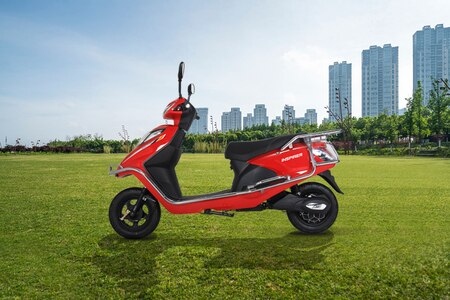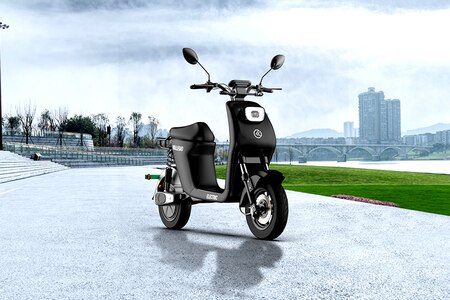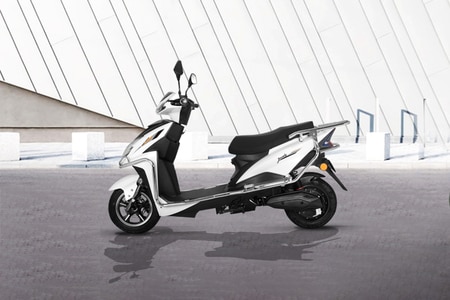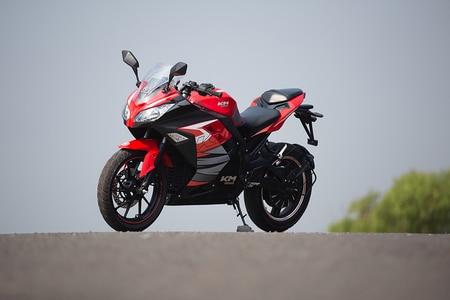Future of our transport will be on green hydrogen: Hardeep Singh Puri
- Hydrogen, hailed as the fuel of the future, holds immense potential in helping India achieve its decarbonization targets.
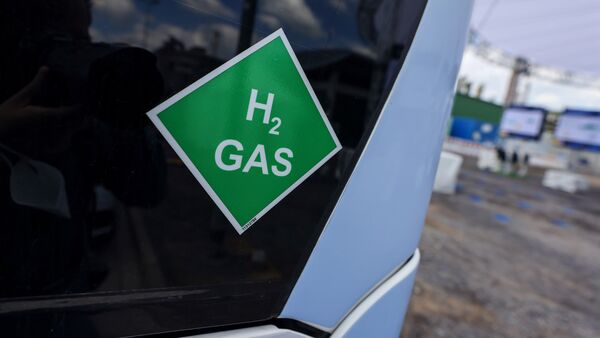

Petroleum and Natural Gas Minister Hardeep Singh Puri inaugurated India's pioneering venture into hydrogen fuel cell technology as he flagged off the nation's first Green Hydrogen-Powered Fuel Cell Buses today at India Gate. This event marked a significant step towards promoting sustainable and environmentally friendly transportation.
Under this initiative, Indian Oil Corporation (IOCL) has embarked on a meticulously designed program to conduct operational trials of 15 Fuel Cell buses powered by Green hydrogen.
These trials will encompass designated routes in Delhi, Haryana, and Uttar Pradesh. The project's inaugural moment saw the launch of the first set of two fuel cell buses from India Gate. This program is the first of its kind in India to dispense green hydrogen at 350 bar pressure for operating fuel cell buses.
Also check these Vehicles
Furthermore, Indian Oil has established a cutting-edge dispensing facility at its research and development (R&D) campus in Faridabad. This facility can refuel green hydrogen produced through electrolysis using solar photovoltaic panels.
According to SM Vaidya, Chairman of Indian Oil, the launch of these two buses signifies the commencement of a comprehensive assessment of the performance and durability of this new technology. The trial period, spanning more than 3 lakh kilometres across all buses, will generate vital data that will serve as a national repository.
This repository is expected to play a pivotal role in shaping the future of zero-emission mobility in India, powered by green hydrogen. In his address, Hardeep Singh Puri emphasized, the Indian government's commitment to clean and green energy. Hardeep Singh Puri said, “The Future of our transport will be on green hydrogen".


India's endeavours in the realm of low-carbon development, including emerging fuels like hydrogen and biofuels, are central to these efforts. Puri said, “India has one of the largest synchronous grids in the world, capable of handling intermittent renewable energy and we have achieved ‘One Nation-One Grid-One Frequency’."
India, with its extensive synchronous grid capable of handling intermittent renewable energy, is poised to be a global champion in hydrogen production and exports. “We have recently witnessed the launch of the world’s first Bharat Stage 6 (BS 6) (Stage II) Electrified Flex Fuel vehicle prototype that encompasses both the flex fuel engine as well as an electric powertrain that offers higher use of ethanol combined with better fuel efficiencies. With Industry and Government collaboration, India is on its way to becoming a global hub for cleaner technologies and achieving self-reliance in energy soon", Puri said.
Hydrogen, hailed as the fuel of the future, holds immense potential in helping India achieve its decarbonization targets. The global demand for hydrogen is projected to surge four to seven times by 2050, reaching 500-800 million tonnes. Domestically, demand is set to quadruple, from the current 6 million tonnes to 25-28 million tonnes by 2050.
The Ministry of Petroleum and Natural Gas is actively driving initiatives related to green hydrogen, including production and utilization in refineries, hydrogen blending in natural gas pipelines, localization of electrolyzer-based technologies, and promoting bio-pathways for green hydrogen production.
Fuel cells, the heart of these green hydrogen-powered buses, employ hydrogen and air to generate electricity for propulsion.
These buses are environmentally friendly, with the only byproduct being water, offering a stark contrast to conventional buses running on diesel and petrol.
Fuel cells are also highly efficient compared to internal combustion engines. Fuel cells boast an electrical efficiency of 55-60 per cent, a notable improvement over the thermal efficiency of 25 per cent for conventional internal combustion engines.
These buses are set to achieve a remarkable fuel economy of around 12 km per kilogram of hydrogen, compared to 2.5-3 km per litre for diesel buses.
Hardeep Singh Puri commended IOCL and Tata Motors for their collaborative efforts in developing indigenous solutions for fuel cells and hydrogen infrastructure for heavy-duty buses in passenger transport applications.
Puri stated, “I would like to congratulate the IOCL team for undertaking this collaborative approach along with Tata Motors for the development of indigenous solutions pertaining to Fuel Cell and hydrogen infrastructure in the country, for heavy-duty buses for passenger transport application. I am sure that the ecosystem developed through efforts like these can integrate a larger economy with the energy sector".
He stressed that this green hydrogen-powered bus initiative could potentially transform India into a net exporter of clean hydrogen energy and set a global precedent in technology transfer and green hydrogen production.
The initiative has plans to soon operate an additional 15 fuel cell buses in the National Capital Region (NCR). Minister Puri expressed his commitment to closely monitoring this project, highlighting its importance on the national stage and its potential to revolutionize city transport in India.
India's foray into green hydrogen technology signifies a significant stride toward achieving energy self-reliance and global leadership in the realm of sustainable energy solutions.







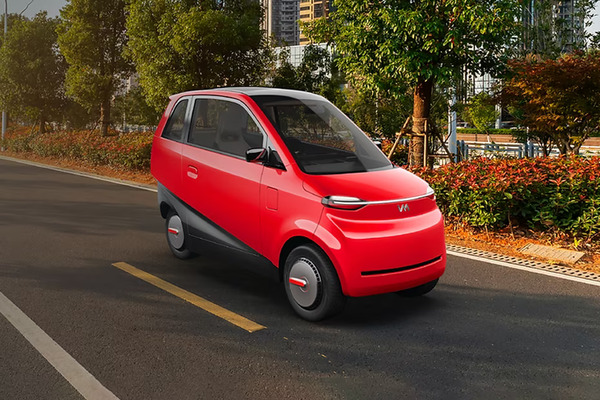
 14 Kwh
14 Kwh 250 km
250 km